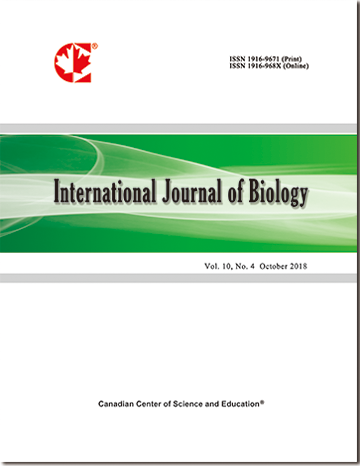Physiological and Ethological Effects of Fluoxetine, A Study Using Ants as Biological Models
- Marie-Claire Cammaerts
- David Cammaerts
Abstract
Using ants as biological models, we showed that fluoxetine (the active substance of the most consumed antidepressants) largely affects the individual’s physiology and behavior. It increases sinuosity of movement, decreases precision of reaction and response to pheromones, decreases food consumption and brood caring, and induces aggressiveness towards nestmates while decreasing that towards aliens. Under fluoxetine consumption, ants lost their olfaction and their learning ability, having also lower cognitive ability. There is no habituation to, and no dependence on, fluoxetine consumption, which effects vanish in two or two and a half days. Attention should be paid whenever that drug is used, not only for the humans but also for all the organisms living on field and depending on natural water. A future work will examine antidepressants free of fluoxetine, hoping that they could advantageously replace those containing that harmful substance.
- Full Text:
 PDF
PDF
- DOI:10.5539/ijb.v7n2p1
Index
- ACNP
- AGRICOLA
- BASE (Bielefeld Academic Search Engine)
- CAB Abstracts
- CiteFactor
- CNKI Scholar
- CrossRef
- DTU Library
- Elektronische Zeitschriftenbibliothek (EZB)
- Excellence in Research for Australia (ERA)
- Google Scholar
- Infotrieve
- LIVIVO (ZB MED)
- LOCKSS
- Max Planck Institutes
- MIAR
- PKP Open Archives Harvester
- Qualis/CAPES
- ResearchGate
- ROAD
- SafetyLit
- SHERPA/RoMEO
- Technische Informationsbibliothek (TIB)
- Universe Digital Library
- WorldCat
Contact
- Ryan JonesEditorial Assistant
- ijb@ccsenet.org
